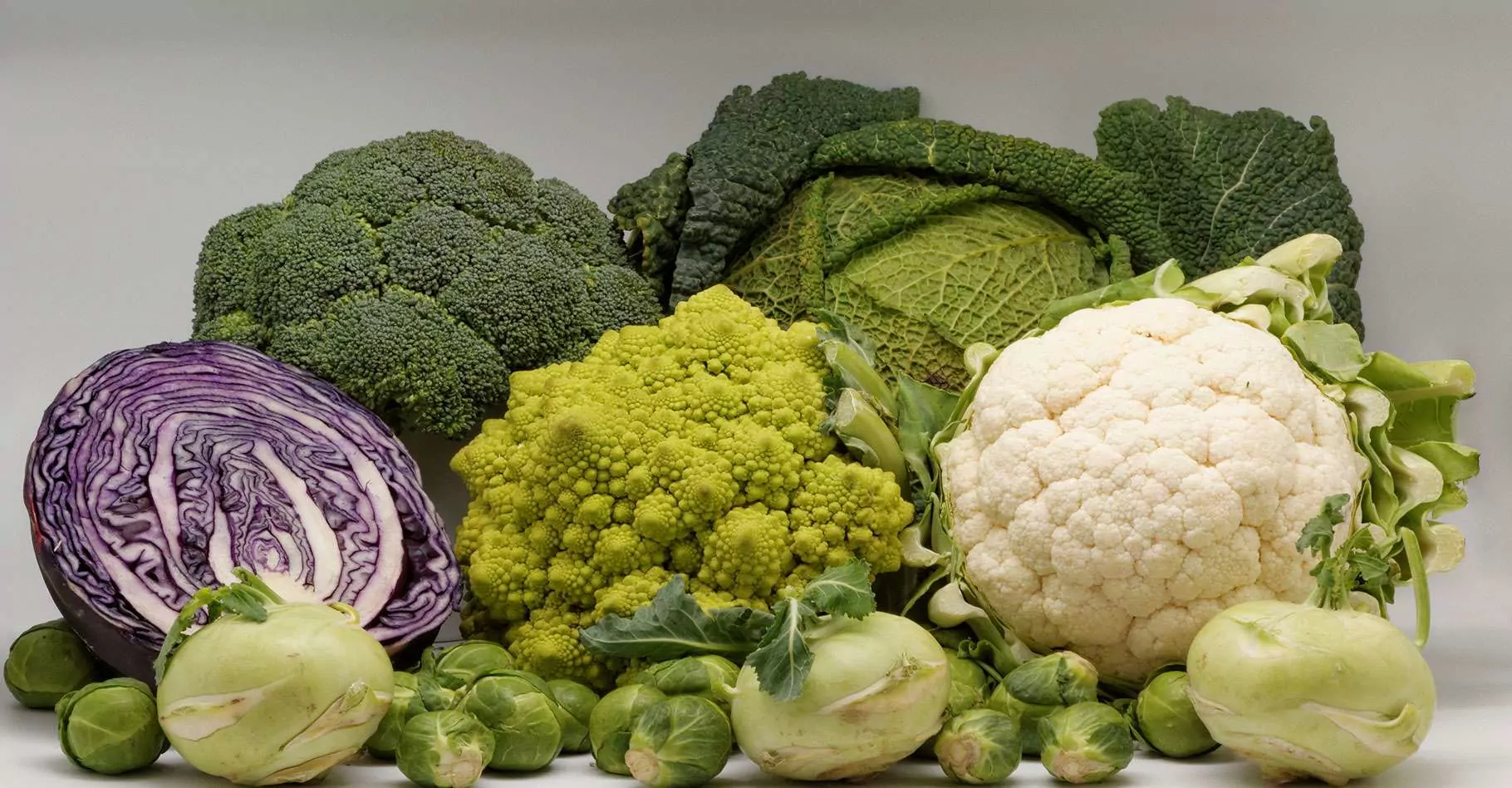Broccoli and relative foods are considered nutritional marvel. They are known as cruciferous plants because their flowers are cross-shaped. One cup of cooked broccoli supplies half of a day’s supply of vitamin A, in the form of beta-carotene, twice the necessity for vitamin C (which is more than a glass of orange juice), six percent of niacin, nine percent of calcium, twelve percent of phosphorus, ten percent of iron, twenty percent of daily fiber needs, five grams of protein, some potassium, and all this for only forty-five calories.
The phytochemicals these plants contain are: indoles, isothiocyanates, and others. One of these isothiocyanates, known as sulforaphane, has an amazing role in cancer prevention. During a test it proved to have the capacity to protect cells against cancer causing agents, and in a research made by Johns Hopkins University School of Medicine it was shown to be defensive against mammary cancers in laboratory animals. Studies also showed that humans who eat large amounts of cruciferous vegetables were at reduced danger of various kinds of cancer.
It is probably the combination of beta-carotene, indoles and isothiocyanates, as well as other substances, which are working to offer this defense. Other members of this family, cabbage, kale, cauliflower, and Brussels sprouts, are high in nutritional value, but none quite comparable to broccoli.
